Given that our firm fields a number of enquiries on a daily basis in relation to visa cancellations under the Migration Act 1958, it made complete sense that we should blog about FAQ’s! I mean, how have we not done so sooner?! Note: this blog will be updated regularly with additional FAQ’s so be sure to subscribe if you want to keep updated.
How long do I have to apply for review or appeal after receiving a Notice of Cancellation?
If your visa has been automatically cancelled under s 501(3A), you must request that the Minister for Home Affairs revoke (set aside) that cancellation within 28 days of receiving the notice. If the Department does not receive your request for revocation within 28 days there is nothingyou can do to set aside the decision.
If your visa has been cancelled unders 116(1)(e)you must apply to the Administrative Appeals Tribunal for review of the decision (and pay at least half of the AAT’s usual filing fee - $893.50) within seven working days of the date you are taken to have received the Notice of Cancellation (the date you are taken to have received the Notice may be earlier or later than when you actually received the notice). The AAT has no power to extend the time for lodging an application for review, even if it really, really wants to (i.e. if you moved to Australia when you were 10 days old and your adoptive parents are Australian citizens).
Does it cost money to request revocation or apply for review?
If your visa has been automatically cancelled under s 501(3A)you do not have to pay any fee in order to request revocation of an automatic cancellation.
If your visa has been cancelled under s 116(1)(e)you must pay the Administrative Appeals Tribunal’s filing fee, which is usually $1,787.00. If you apply for a fee reduction on financial hardship grounds the fee may be reduced by 50 per cent to $893.50. If you apply for financial hardship you must pay at least $893.50 to the Tribunal within the 7 working day period you have to apply for review or the Tribunal will not be accept your application for review.
Will I ever be able to return to Australia?
If your visa is automatically cancelled under s 501(3A)and that cancellation is not revoked you will be permanently excluded from Australia. This is because you are unable to apply for almost any other visa while you remain in Australia and, once you are removed, it is a criterion of every visa you could apply for outside of Australia that you have not previously had a visa cancelled under s 501.
If your visa is cancelled under s 116(1)(e) and that decision is not overturned by the AATyou will be unable to apply for any temporary visa for 3 years after your cancellation. If you are removed from Australia after your visa is cancelled (which is likely), you will be unable to apply for most other visas until 12 months after your removal. If you are a New Zealand citizen and are removed after your visa is cancelled, you will never be eligible for a Special Category (subclass 444) visa again, even if the AAT sets aside the cancellation decision after you are removed. That means you will have to apply for and be granted another visa before you are allowed to re-enter Australia.
What are the chances of getting my visa back? Is it even worth trying?
Your prospects of successfully requesting revocation or applying for review will depend on your specific circumstances. However, don’t let media reports fool you, people do get their visas back!
Of all people who request revocation of an automatic visa cancellation under s 501(3A), about half get their visa back. You’ll never hear about this because these decisions aren’t published publicly.
For those cancelled under s 116(1)(e), we have had multiple clients who have had their visas reinstated by the AAT. You can read reviews from such clients on our Testimonials page here , Google Business or Facebook.
Note: The contents do not constitute legal advice, are not intended to be a substitute for legal advice and should not be relied upon as such. You should seek legal advice or other professional advice in relation to any particular matters you may have.

